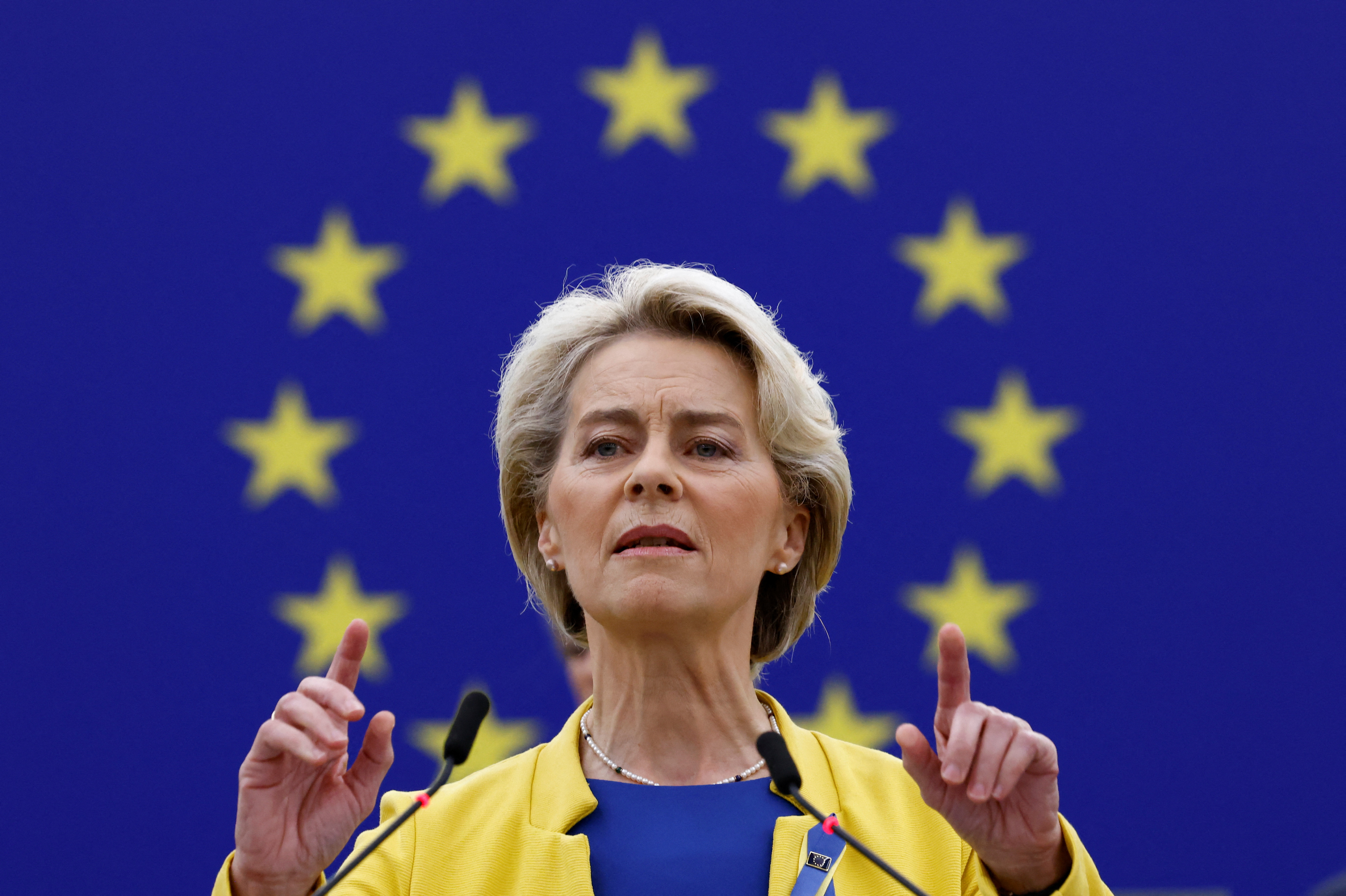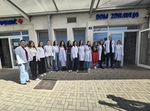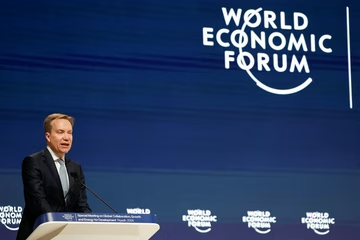Western Balkans to receive initial funds from EU Growth Plan except Bosnia

European Commission President Ursula von der Leyen announced on Monday that Western Balkan countries are expected to receive their first funds from the EU's Growth Plan by the end of 2024. Speaking at a Berlin press conference, von der Leyen confirmed that five out of six reform agendas will be approved this week, unlocking €6 billion before the year’s end.
Oglas
The Growth Plan aims to support the region's integration into the EU economy. However, Bosnia and Herzegovina has not yet secured access to these funds due to its incomplete submission of a reform agenda.
Von der Leyen emphasized that the Growth Plan acts as a bridge between the EU’s Common Regional Market and its Single Market. “The plan is merit-based; countries can only advance by cooperating with others. Progress depends solely on each nation's merits," she said.
At the Berlin Process Summit, a new Action Plan for the Common Regional Market was adopted. The summit, also attended by German Chancellor Olaf Scholz, reviewed the achievements of the Berlin Process over the past decade. Von der Leyen pointed out that the enlargement of the European Union is back on the agenda, with a future vision that includes all six Western Balkan partners.
Scholz stressed the urgency of EU enlargement, stating, "We cannot wait another 10 years for the region to join the EU." He highlighted the momentum created by the Berlin Process and the principles of solidarity, equality, and cooperation that have guided the partnership between the EU and the Western Balkans.
As part of the new Action Plan, agreements were reached to enhance cooperation on irregular migration and expand educational opportunities. A new agreement on student mobility aims to increase access to accredited higher education institutions across the Western Balkans. The agreement builds on mobility pacts signed at previous Berlin Process summits, enhancing free movement opportunities in the region.
Scholz commended the newly signed agreement on education, which allows students to pursue studies across universities and institutions throughout the Western Balkans. “This will bring the next generation closer together, living and learning alongside each other,” Scholz added.
The summit highlighted a significant step toward normalizing relations between Serbia and Kosovo. Von der Leyen praised the lifting of Kosovo’s import ban on Serbian goods, crediting Germany's mediation efforts for this breakthrough. This resolution marks an important advancement in regional stability and economic cooperation.
As the Western Balkans continue to work toward EU integration, today's announcements mark a pivotal moment for the region, underscoring the EU’s commitment to fostering growth and cooperation with its neighbors. The Berlin Process remains a key driver of these efforts, further connecting the region with the European Union.
Kakvo je tvoje mišljenje o ovome?
Učestvuj u diskusiji ili pročitaj komentare
Oglas
Kakvo je tvoje mišljenje o ovome?
Učestvuj u diskusiji ili pročitaj komentare
Oglas
NAJČITANIJE
Oglas
Oglas
Najnovije
Oglas
Oglas





 Srbija
Srbija
 Hrvatska
Hrvatska
 Slovenija
Slovenija



























































